Stomach cancer is the third leading cause of cancer death in both men and women in Vietnam.
According to GLOBOCAN statistics, in Vietnam, there are an estimated 180,480 new cases and 120,184 deaths from cancer each year. Of which, the leading rates of incidence are breast cancer, liver cancer, stomach cancer, and lung cancer with the rates of new cases and deaths increasing each year.
 |
| Stomach cancer is the third leading cause of cancer death in both men and women in Vietnam. |
Currently, more than 70% of cancer patients in our country are diagnosed with the disease at a late stage, making Vietnam's cancer cure rate lower than that of developed countries.
Cancer patients need comprehensive care in terms of nutrition, psychology, physical activity, and management of side effects to improve the quality of treatment and prolong life.
Stomach cancer is the third leading cause of cancer death in both men and women in Vietnam. The disease has a high mortality rate but is difficult to diagnose because patients in the early stages often have no symptoms or have symptoms that are easily confused with other digestive diseases.
Stomach cancer is an abnormal change or growth that originates from a few cells and can gradually progress to form a cancerous lesion in the form of a bud or an ulcer.
This process can take at least several months or several years. Therefore, in the early stages of tumor formation, if not screened early, the disease cannot be detected.
The disease can affect any part of the stomach, but most commonly the main part of the stomach (the body of the stomach) and the junction of the stomach and esophagus (the esophagus is the tube that carries food from the mouth to the stomach.
Stomach cancer does not always cause symptoms in its early stages. Symptoms may not occur until the cancer is advanced.
Stomach cancer that has spread to other parts of the body is called metastatic stomach cancer, and its symptoms are specific to the location of the spread. For example, when cancer spreads to the lymph nodes, a lump can be felt through the skin; cancer that has spread to the liver can cause jaundice and yellowing of the eyes; cancer that has spread to the abdomen can cause fluid to overflow into the abdomen, making it look swollen.
Based on the extent of damage, stomach cancer is divided into 5 stages, including: Stage 0: Cancer cells have just appeared in the lining of the stomach. This is also known as epithelial cancer, which is the early stage of stomach cancer.
Stage 1: Cancer cells have damaged the second layer of the stomach. Stage 2: Cancer cells have invaded through the stomach lining. This stage is also called submuscular cancer.
Stage 3: Cancer cells have grown into lymph nodes and other organs in the body. Stage 4: In this final stage, cancer cells have metastasized throughout the body, causing a high risk of death.
When a malignant lesion forms in the stomach, depending on the stage of the disease and the location of the lesion, the patient may have different symptoms.
However, in general, this sign is often quite vague and not specific for stomach cancer (because this sign can also appear in other benign diseases of the stomach).
Early stage stomach cancer is often difficult to detect because the symptoms are similar to gastritis. Therefore, to detect stomach cancer early, patients need to go to the hospital to be examined by a doctor and have diagnostic measures applied.
The methods of diagnosing stomach cancer commonly used in hospitals include: Gastroscopy: The doctor will use a long, flexible tube with a camera attached, inserted into the esophagus and down into the stomach. If a suspicious lesion or tumor is detected, the doctor will order a biopsy.
Gastric biopsy: This is a technique of taking tissue from different locations of the stomach. The doctor then processes and thinly slices it to examine under a microscope, to determine the normal or abnormal nature of the stomach cells, benign or malignant (also known as Pathology).
Blood tests: In some cases, the doctor may order a blood count test to assess the patient's level of anemia. In addition, the doctor may also order other blood tests for liver and kidney function, tumor markers, etc. to supplement pre-treatment assessment information or coordinate post-treatment monitoring.
Stomach cancer is increasingly common and younger, treatment is expensive and difficult. Especially, if detected late when cancer cells have metastasized, there is no cure. Therefore, people should improve the prevention of stomach cancer early with specific measures.
Master Ngo Tuan Phuc, Oncology Department, Tam Anh General Hospital, Ho Chi Minh City recommends that people need to maintain a scientific lifestyle, exercise, and rest. Maintain a healthy diet with foods rich in vitamins and fiber.
Limit foods rich in nitric and secondary amino acids such as pickles, pickled eggplants, fermented foods, smoked meats, and grilled foods. Because when entering the stomach, these substances will combine to form toxins that cause cancer risk.
Do not smoke, drink alcohol, beer or use stimulants. Limit processed foods and bottled soft drinks. Be proactive in screening for stomach cancer early in cases with risk factors.
Source: https://baodautu.vn/phong-chong-ung-thu-da-day-bang-cach-nao-d222108.html




![[Photo] Prime Minister Pham Minh Chinh chairs meeting to discuss tax solutions for Vietnam's import and export goods](https://vstatic.vietnam.vn/vietnam/resource/IMAGE/2025/4/10/19b9ed81ca2940b79fb8a0b9ccef539a)
![[Photo] Unique folk games at Chuong Village Festival](https://vstatic.vietnam.vn/vietnam/resource/IMAGE/2025/4/10/cff805a06fdd443b9474c017f98075a4)

![[Photo] Phuc Tho mulberry season – Sweet fruit from green agriculture](https://vstatic.vietnam.vn/vietnam/resource/IMAGE/2025/4/10/1710a51d63c84a5a92de1b9b4caaf3e5)


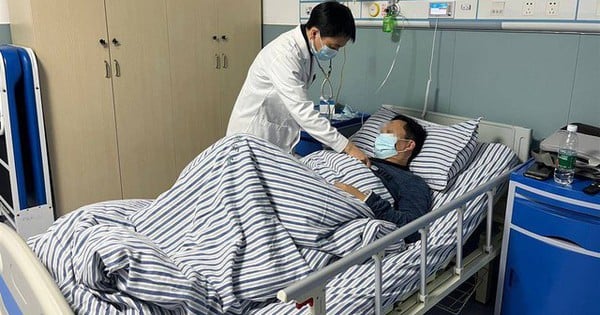


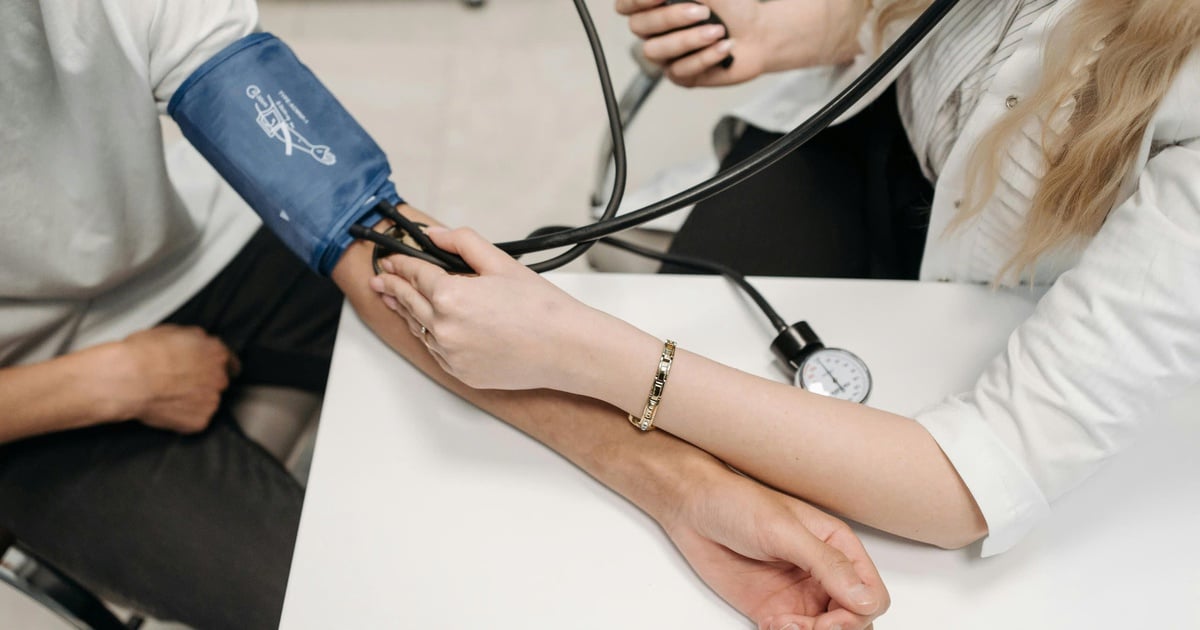



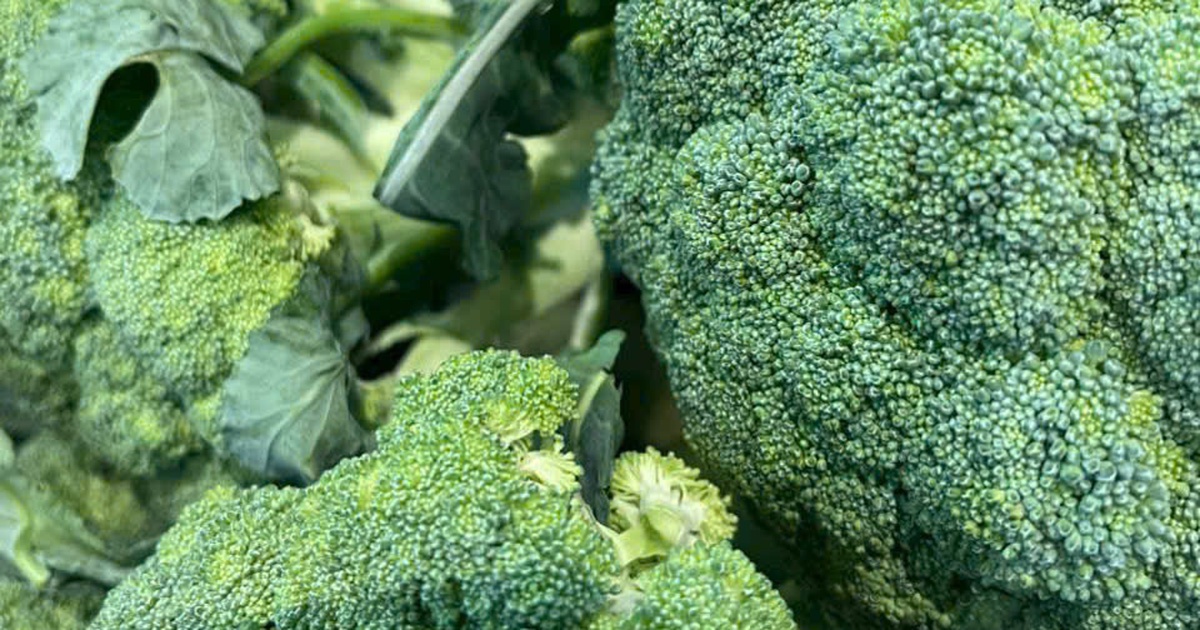
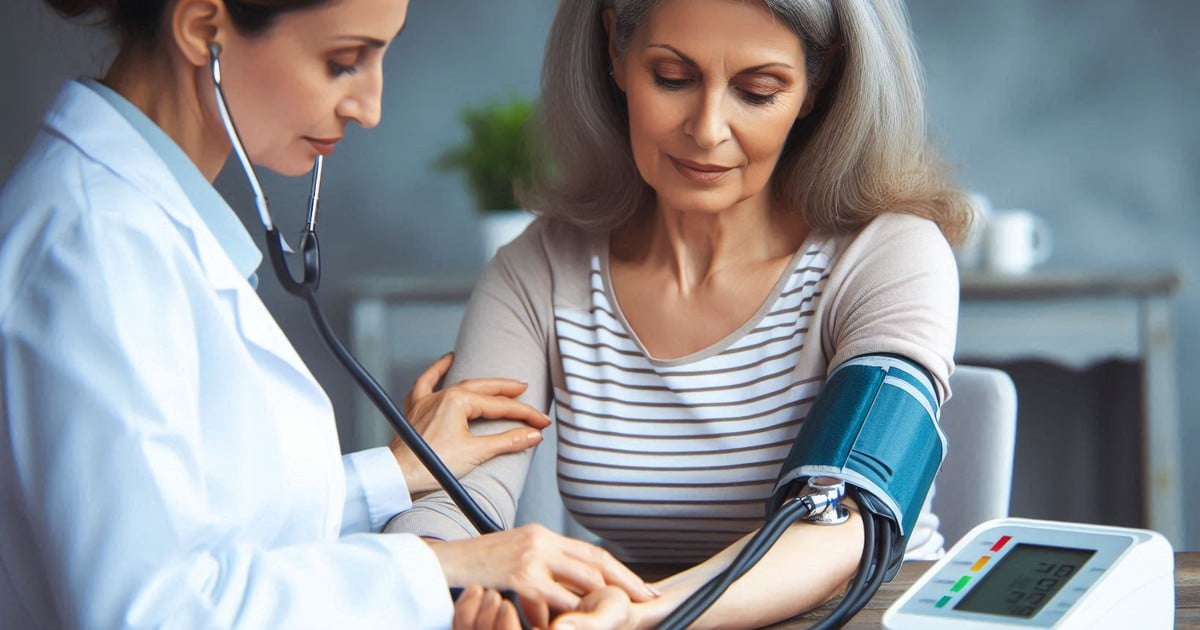



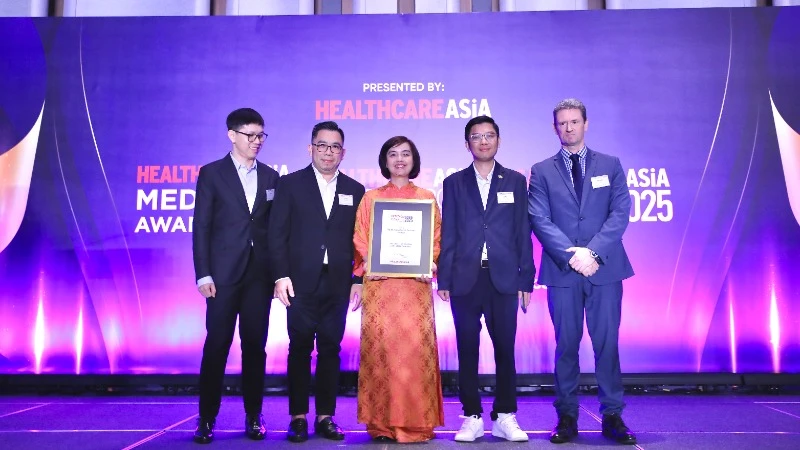


































































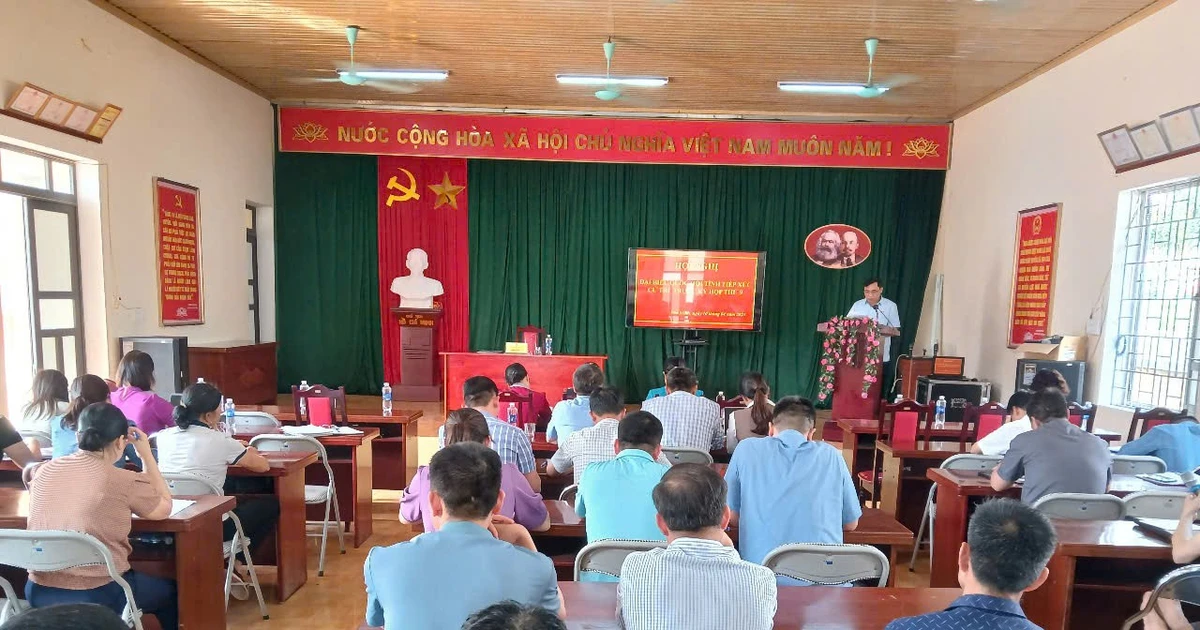









Comment (0)